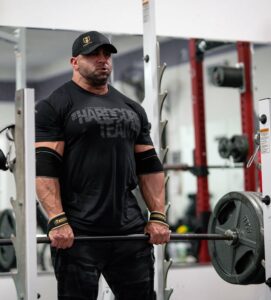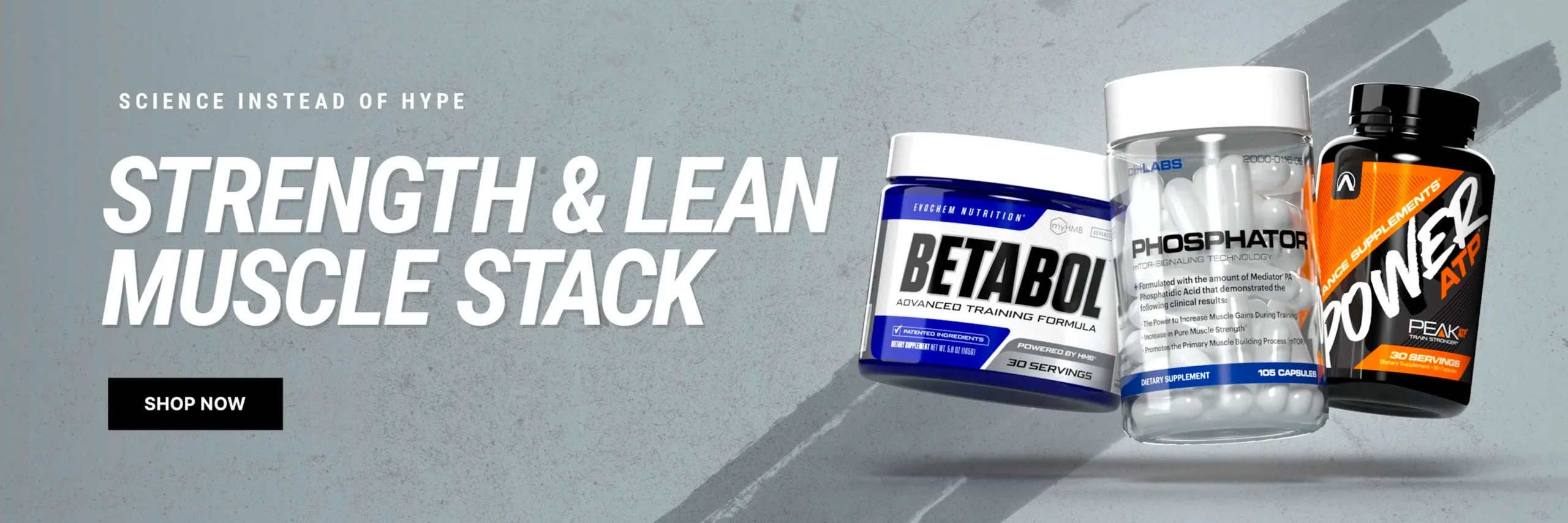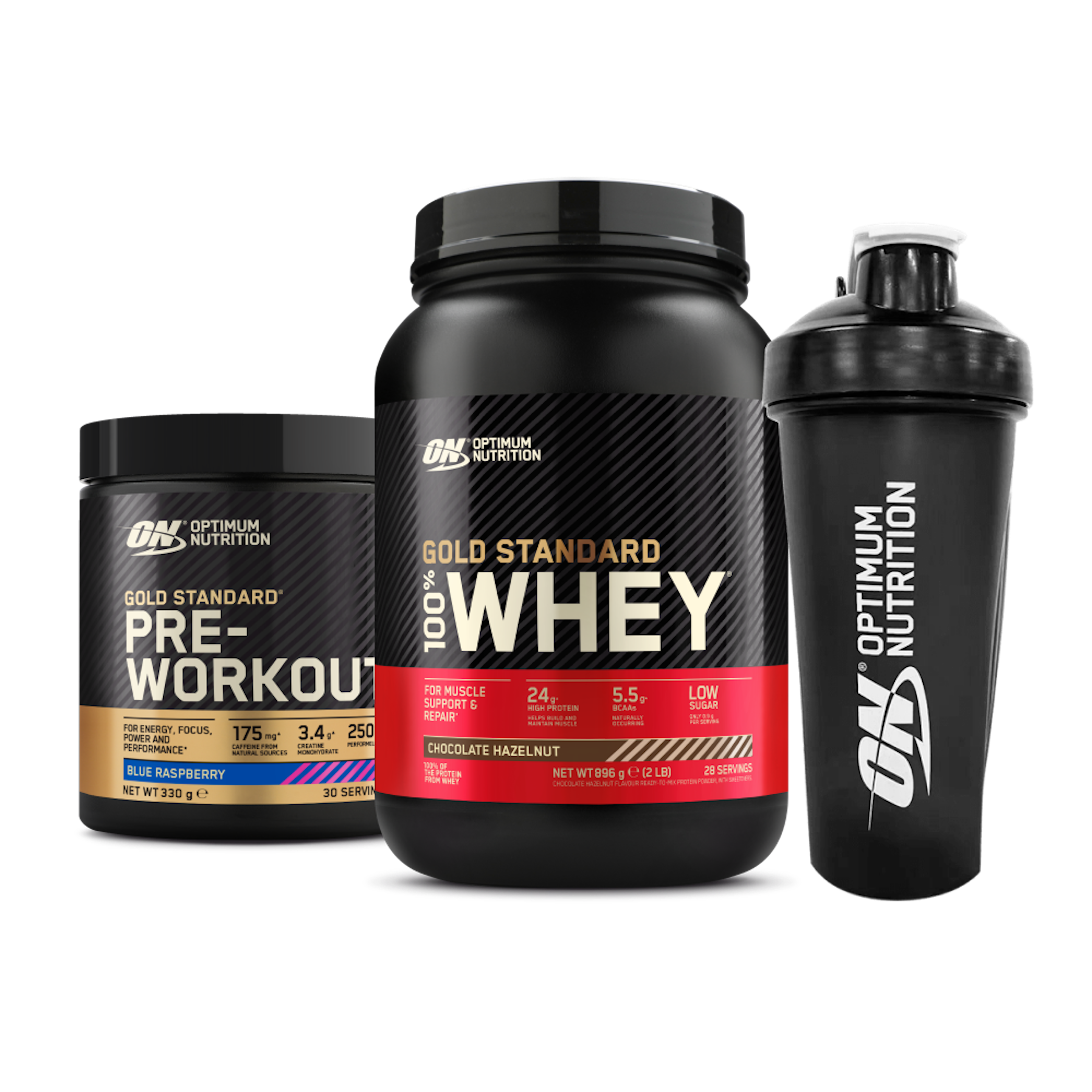To determine if you’re getting physically stronger at the gym, focus on tracking your performance, noticing changes in your body, and paying attention to how your workouts feel. Increased strength, easier workouts, and physical changes like muscle growth are key indicators.
How would you feel if you were stuck in the same class while all your friends moved onto higher classes in school? Disappointed, disheartened, or dejected maybe? That’s exactly how you feel when you don’t see any strength improvements in the gym.
Here are the Steps To Check Your Strength Gains
Assessing your strength improvements isn’t as easy as reading your school’s report card. The thought of not getting anywhere even after putting in your best in the gym is the last thing you want. In this article, we’ll tell you how to gauge your strength improvements.
Keep a Journal
Since we’re referring to schools, let’s talk about another similarity. Imagine going to school and not taking any notes or keeping a journal. How do you think you would fare at the end of the year?
Many people make the mistake of not keeping track of their workouts and wonder why they can’t see any results. While keeping a training journal might sound intimidating, it isn’t as bad or hard as some people think it is.
If you’re wondering – you don’t need to take a diary with you to the gym. You can use your phone’s notes app to put in the details (exercises, number of sets, reps done, and the weights used) of your workouts. You could take things up a notch by adding how you ‘felt’ during the workout.
Shorter Workouts
For some people, the length of their workouts is equivalent to the quality of the session. This is a flawed concept because as you get stronger, you’ll need shorter periods to recover between sets.
The next time you’re done with your training before the usual time, don’t do more exercises to compensate for the extra time. Note it in your journal and lift heavier weights in the next workout.
Feel The Weights
If you’ve been working out for some time, you might have had times when your usual training weights felt like peanuts. Whenever the weights feel lighter, it’s a sure sign that you’re growing stronger.
On days like these when you feel like you can conquer the world, you should go all out in your training. Train as heavy as you can without compromising on your form, and the bodybuilding Gods will surely bless you with gains.
On the other hand, if the weights feel heavier than usual – could be because of fatigue or exertion – you should drop down the weights and go after the pump. If the weights feel light and you’re able to do more reps than usual, you’ve got good news on hand.
Lifting Bigger
This is the most obvious sign of getting stronger. If you can lift heavier weights without compromising on the form, you’ve gotten stronger. After hitting a PR, don’t make the mistake of camping in your comfort zone.
Keep pushing yourself to ensure that you don’t hit a plateau. Getting a spotter, using advanced training techniques like supersets, drop sets, BFR training, intra-set stretching are fantastic ways of improving your strength.
Check Out Our List Of The Best Supplements For Building Muscle, Shredding Muscle, Recovery, And Great Health, and Wellness Products! Purchase ifbnewsfeed.org‘s apparels Here: ifbnewsfeed.org

 Here are several ways to determine if you’re getting physically stronger in the gym:
Here are several ways to determine if you’re getting physically stronger in the gym:
1. Tracking your lifts and workout performance
- Increased Strength: If you’re able to lift heavier weights or do more repetitions than before with good form, you’re becoming stronger.
- Workouts Feel Easier: As your muscles adapt, they become more efficient. You might find the same weights or exercises require less effort over time.
- Progressive Overload: Continuously challenge your body’s abilities by gradually increasing the demand (weight, reps, sets) to stimulate muscle adaptation and growth.
- Fitness Journal: Keep a record of your workouts to track your progress and identify improvements over time.
2. Body composition and physical signs
- Muscle Growth: Even if it’s gradual, an increase in body weight (not fat) can be a sign of muscle gain, as muscle tissue is denser and takes up less space for the same weight compared to fat.
- Body Measurements: Track changes in your body measurements over time, such as measuring your arms, chest, or legs to see if they’re getting bigger.
- Clothes Fit Differently: Notice how your clothes fit. Tighter sleeves or looser pants might indicate changes in muscle mass.
- Improved Posture: Stronger core, back, and shoulder muscles can lead to better posture and alignment.
3. Recovery and functional improvements
- Faster Recovery: Your body becomes more efficient at repairing and rebuilding muscle fibers, leading to less soreness and fatigue after workouts.
- Increased Endurance: You might be able to perform exercises for longer periods or complete more challenging workouts without feeling as fatigued.
- Improved Everyday Tasks: Daily activities like carrying groceries or lifting objects might feel easier than before.
4. Other indications
- 1-Rep Max or Rep Max Testing: Occasionally testing your maximum weight for a specific number of reps (e.g., 10-rep maximum) can be a direct measure of strength improvement, but should be approached cautiously to avoid injury.
- Feedback from Others: If people start noticing and commenting on your increased size or strength, it can be an indicator of progress.
- Mental Toughness: Strength training can also build mental toughness and a greater ability to push through perceived limitations.
Wrapping UP
It’s crucial to focus on proper form and technique to prevent injuries. Remember that consistency and patience are key when aiming to increase your strength and build muscle mass.
Related Articles:
- Here Are “The 5 Ways To Boost Your Pump” In the Gym, Perform Better And “Get Better Results”
- Here Are “The Best Arm Workouts For Size, Strength, Beginners, And More”
- Advanced Biceps Growth: Here Are “The Top Biceps Workouts” For Muscle Growth And Durability

- Hormone Replacement Therapy regimen For Men and women
- Hormone Blood Testing for Men (Bodybuilder Blood Testing)
- Shop Optimum Nutrition Energy: Anytime & Pre-Workout







